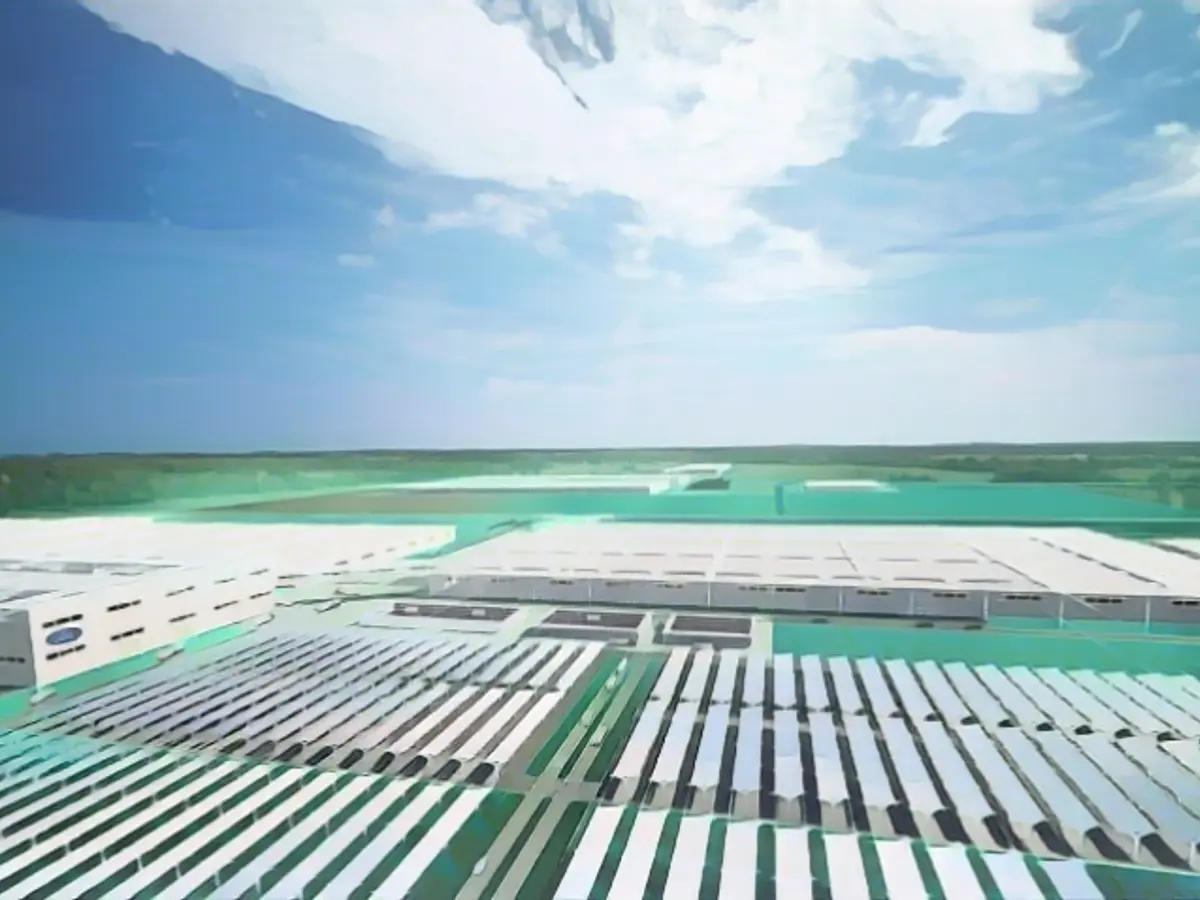Ford's largest-ever investment in electric vehicle (EV) production is shaking up its operations in Merseyside, UK. The Halewood Plant will undergo a significant transformation, becoming a key hub for EV component production.
Ford has invested $189 million in the plant, part of a broader commitment of nearly $477.7 million. This investment has expanded the plant's capacity by 70%, enabling the production of 420,000 electric drive units annually. The plan includes manufacturing electric drive units for the all-electric Puma Gen-E and E-Transit Custom, two of the UK's top-selling vehicles.
The UK government has provided support for this investment through its Automotive Transformation Fund, ensuring the Halewood facility plays a significant role in Ford's electrification efforts. With this transformation, Ford aims to sell 600,000 EVs annually in Europe by 2026, with 70% powered by Halewood technology.
To accommodate the new roles, the workforce will undergo training at Ford's E:PriME centre in Essex, ensuring a skilled workforce to support the new EV component production. And to reduce its environmental impact, various sustainability measures have also been implemented, including energy generation from solar panels and swapping out diesel locomotives with electric ones.
This investment positions Ford as a leader within the rapidly evolving EV manufacturing sector, demonstrating how strategic investments can drive progress and profitability. With this move, Halewood becomes an example of how traditional manufacturing facilities can be transformed into cutting-edge EV production hubs.
Looking ahead, this development is part of Ford's broader plan to achieve annual global EV production of 2 million vehicles by 2026, with substantial contributions from its European operations. The company will need to navigate challenges like intense competition, pricing pressures, and supply chain constraints to achieve this goal.
In a bid to preserve EV tax incentives under the Inflation Reduction Act, Ford, in alliance with General Motors, is lobbying for a gradual phase-out. This will give companies time to adapt their businesses and reduce battery and EV costs so they can remain competitive.
In conclusion, Ford's investment in the Halewood Plant highlights the company's strategic commitment to electrification, using government support, workforce development, and sustainability as crucial pillars in its EV strategy.








